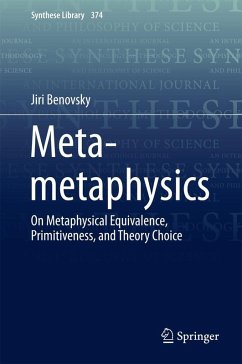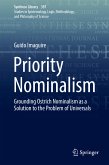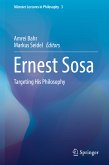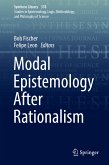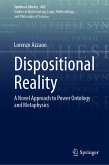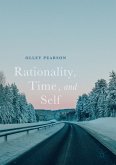Metaphysical theories are beautiful. At the end of this book, Jiri Benovsky defends the view that metaphysical theories possess aesthetic properties and that these play a crucial role when it comes to theory evaluation and theory choice.
Before we get there, the philosophical path the author proposes to follow starts with three discussions of metaphysical equivalence. Benovsky argues that there are cases of metaphysical equivalence, cases of partial metaphysical equivalence, as well as interesting cases of theories that are not equivalent. Thus, claims of metaphysical equivalence can only be raised locally. The slogan is: the best way to do meta-metaphysics is to do first-level metaphysics.To do this work, Benovsky focuses on the nature of primitives and on the role they play in each of the theories involved. He emphasizes the utmost importance of primitives in the construction of metaphysical theories and in the subsequent evaluation of them.
He then raises the simple but complicated question: how to make a choice between competing metaphysical theories? If two theories are equivalent, then perhaps we do not need to make a choice. But what about all the other cases of non-equivalent "equally good" theories? Benovsky uses some of the theories discussed in the first part of the book as examples and examines some traditional meta-theoretical criteria for theory choice (various kinds of simplicity, compatibility with physics, compatibility with intuitions, explanatory power, internal consistency,...) only to show that they do not allow us to make a choice.
But if the standard meta-theoretical criteria cannot help us in deciding between competing non-equivalent metaphysical theories, how then shall we make that choice? This is where Benovsky argues that metaphysical theories possess aesthetic properties - grounded in non-aesthetic properties - and that these play a crucial role in theory choice and evaluation. This view, as well as allthe meta-metaphysical considerations discussed throughout the book, then naturally lead the author to a form of anti-realism, and at the end of the journey he offers reasons to think better of the kind of anti-realist view he proposes to embrace.
Dieser Download kann aus rechtlichen Gründen nur mit Rechnungsadresse in A, B, BG, CY, CZ, D, DK, EW, E, FIN, F, GR, HR, H, IRL, I, LT, L, LR, M, NL, PL, P, R, S, SLO, SK ausgeliefert werden.

